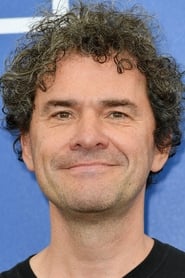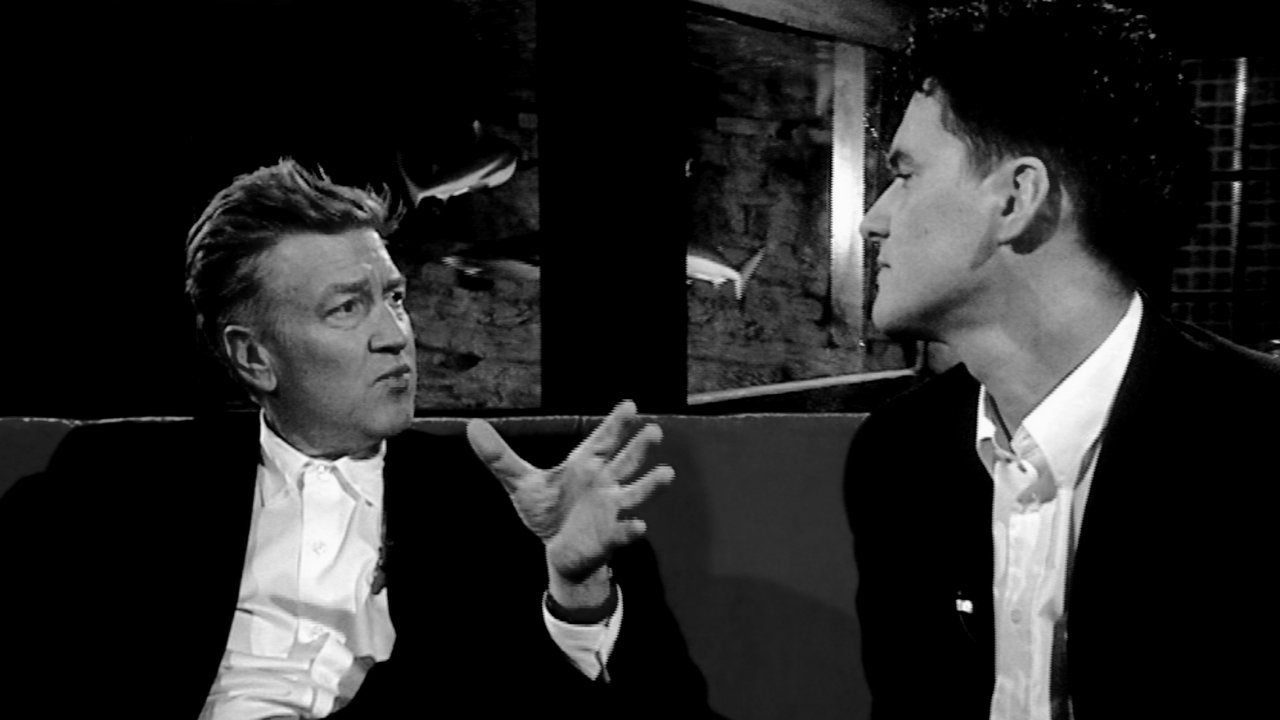
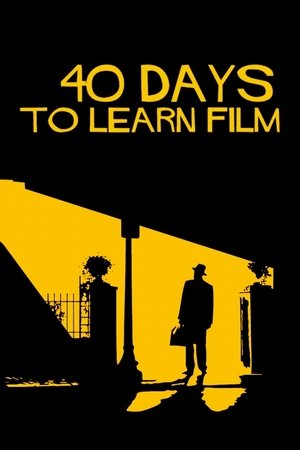
40 Days to Learn Film(2020)
For just forty days, filmmaker and writer Mark Cousins embarks on a peculiar journey in order to explore topics as the passion for cinema and certain aspects related to making films as style, ideas, emotions and practicalities; an ambitious exploration of the universal language of cinema by analyzing pieces of work that cross every artistic and cultural boundaries.
Movie: 40 Days to Learn Film
Similar Movies
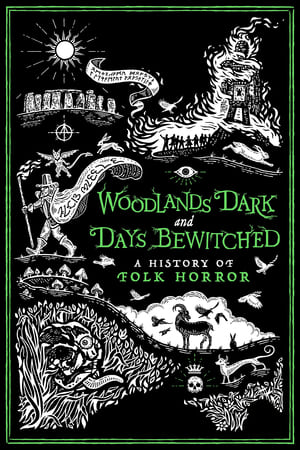 7.4
7.4Woodlands Dark and Days Bewitched: A History of Folk Horror(en)
An exploration of the cinematic history of the folk horror, from its beginnings in the UK in the late sixties; through its proliferation on British television in the seventies and its many manifestations, culturally specific, in other countries; to its resurgence in the last decade.
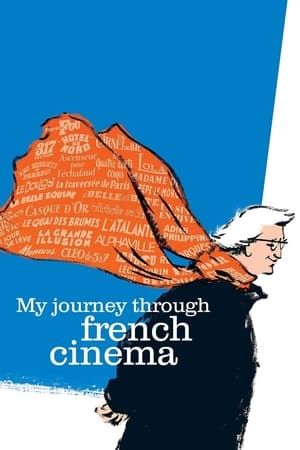 7.5
7.5My Journey Through French Cinema(fr)
Famous French director Tavernier tells us about his fantastic voyage through the cinema of his country.
James Bond Down River(en)
Promotional documentary filmed at the London East End Docklands area and River Thames for the filming of the opening boat chase for The World Is Not Enough (1999).
Auge in Auge - Eine deutsche Filmgeschichte(de)
This is not merely another film about cinema history; it is a film about the love of cinema, a journey of discovery through over a century of German film history. Ten people working in film today remember their favourite films of yesteryear.
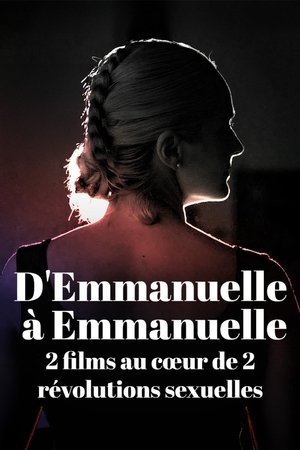 8.0
8.0D'Emmanuelle à Emmanuelle(fr)
« Emmanuelle » was released 50 years ago. Its main character, played by the young Sylvia Kristel, delve freely into her sexuality, without taboo. This bold movie became one of the great success of french cinema in the 70s, and Emmanuelle became the face of sexual liberation. Through the gaze of a woman, the character is back on the screen in 2024. This new Emmanuelle, written by Audrey Diwan, go in quest of a lost pleasure.
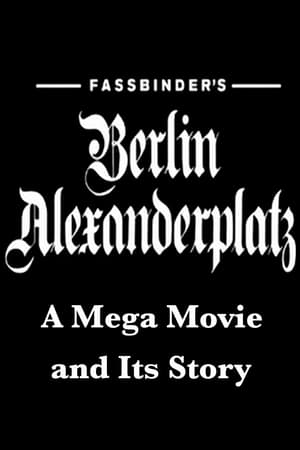 0.0
0.0Fassbinder's Berlin Alexanderplatz: A Mega Movie and Its Story(de)
A documentary about the making of the television mini-series by Rainer Werner Fassbinder, including interviewees with the principal actors.
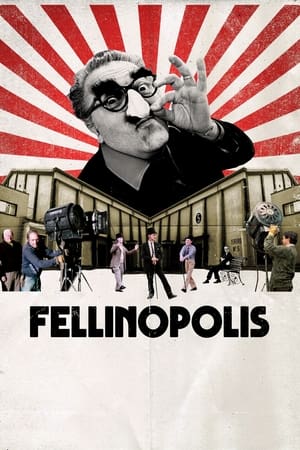 6.5
6.5Fellinopolis(it)
Ferruccio Castronuovo was the only authorized eye, between 1976 and 1986, to film the brilliant Italian filmmaker Federico Fellini (1920-1993) in his personal and creative intimacy, to capture the gears of his great circus, his fantastic lies and his crazy inventions.
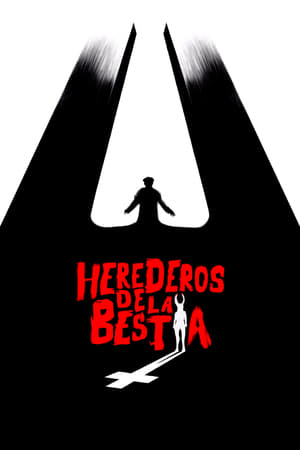 6.0
6.0Heirs of the Beast(es)
The story of the making and subsequent success of The Day of the Beast, the Spanish cult film directed by Álex de la Iglesia and released in 1995.
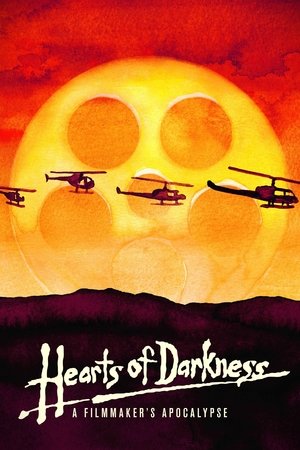 7.9
7.9Hearts of Darkness: A Filmmaker's Apocalypse(en)
A chronicle of the production problems — including bad weather, actors' health, war near the filming locations, and more — which plagued the filming of Apocalypse Now, increasing costs and nearly destroying the life and career of Francis Ford Coppola.
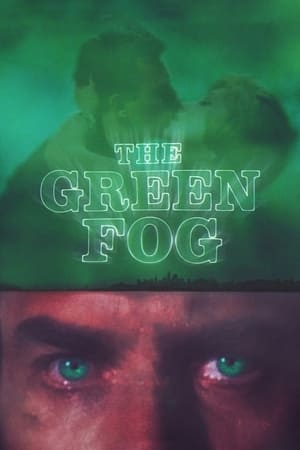 6.0
6.0The Green Fog(en)
A tribute to a fascinating film shot by Alfred Hitchcock in 1958, starring James Stewart and Kim Novak, and to the city of San Francisco, California, where the magic was created; but also a challenge: how to pay homage to a masterpiece without using its footage; how to do it simply by gathering images from various sources, all of them haunted by the curse of a mysterious green fog that seems to cause irrepressible vertigo…
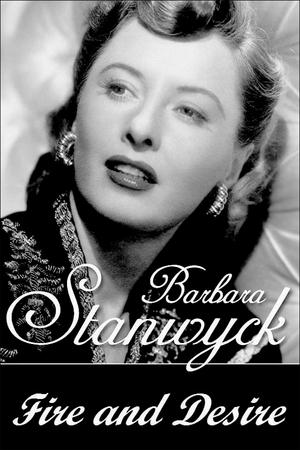 5.7
5.7Barbara Stanwyck: Fire and Desire(en)
Actress Sally Field looks at the dramatic life and successful career of the superb actress Barbara Stanwyck (1907-90), a Hollywood legend.
 6.5
6.5Robert Redford: The Golden Look(fr)
More than anyone in the cynical film industry, legendary artist Robert Redford embodies the United States' brightest side: perseverance, independence, idealism, and integrity. A champion of active environmentalism and the right to openly criticize any institutional abuse, he has put his artistic work at the service of his political commitments, whether as an actor, director, producer, or founder of the Sundance Festival, a formidable forum for his struggles since 1985.
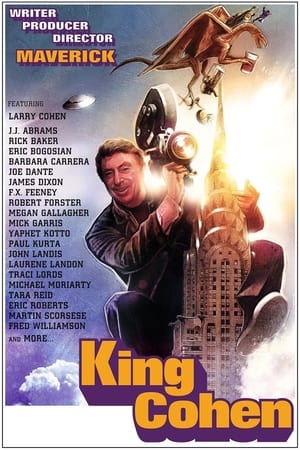 6.6
6.6King Cohen: The Wild World of Filmmaker Larry Cohen(en)
A feature-length documentary focusing on the acclaimed work and eclectic career of maverick filmmaker Larry Cohen, writer-director of "Black Caesar," "It's Alive," "God Told Me To," "Q," "The Stuff," and many more.
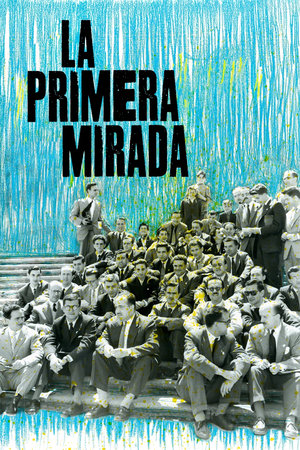 7.0
7.0The First Look(es)
In Spain, a poor country ruined by the recent Civil War (1936-39), and in the midst of Franco's dictatorship, a film school was created in Madrid in 1947, which became, almost unintentionally, a space of freedom and pure experimentation until its closure in 1976.
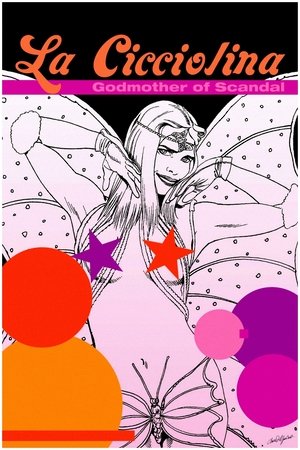 6.6
6.6La Cicciolina: Godmother of Scandal(de)
The personal and professional story of Ilona Staller, known as Cicciolina, is probably unique: she left communist Hungary and moved to Italy, where she found a fertile environment for a life dedicated to scandal.
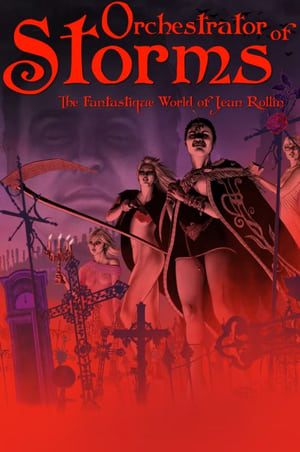 0.0
0.0Orchestrator of Storms: The Fantastique World of Jean Rollin(en)
The story of French filmmaker Jean Rollin (1938-2010), one of the most singular voices of European cult cinema, deeply misunderstood and widely misrepresented.
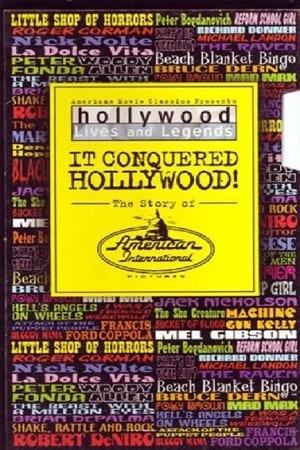 6.8
6.8It Conquered Hollywood! The Story of American International Pictures(en)
A 60-minute salute to American International Pictures. Entertainment lawyer Samuel Z. Arkoff founded AIP (then called American Releasing Corporation) on a $3000 loan in 1954 with his partner, James H. Nicholson, a former West Coast exhibitor and distributor. The company made its mark by targeting teenagers with quickly produced films that exploited subjects mainstream films were reluctant to tackle.
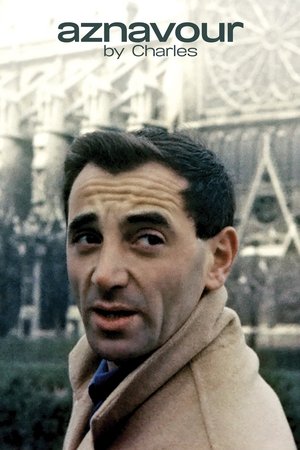 6.9
6.9Aznavour by Charles(fr)
In 1948, French singer Charles Aznavour (1924-2018) receives a Paillard Bolex, his first camera. Until 1982, he will shoot hours of footage, his filmed diary. Wherever he goes, he carries his camera with him. He films his life and lives as he films: places, moments, friends, loves, misfortunes.
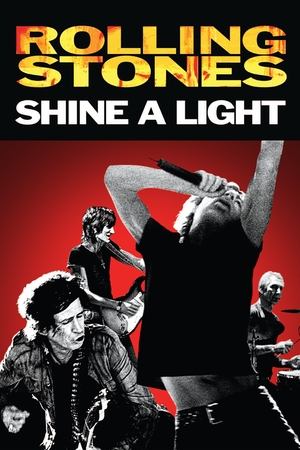 6.8
6.8Shine a Light(en)
Martin Scorsese and the Rolling Stones unite in "Shine A Light," a look at The Rolling Stones." Scorsese filmed the Stones over a two-day period at the intimate Beacon Theater in New York City in fall 2006. Cinematographers capture the raw energy of the legendary band.
 6.1
6.1The Case of Bruno Lüdke(de)
The incredible story of Bruno Lüdke (1908-44), the alleged worst mass murderer in German criminal history; or actually, a story of forged files and fake news that takes place during the darkest years of the Third Reich, when the principles of criminal justice, subjected to the yoke of a totalitarian system that is beginning to collapse, mean absolutely nothing.
